'The cultural relationship between the Republic of Moldova and Romania is solid and holds a promising outlook,' said Minister of Culture of the Republic of Moldova Sergiu Prodan, in an interview with Moldpres, following a meeting with his Romanian counterpart, Andras Demeter, who paid an official visit to Chisinau just a few days after taking office.
'Minister Andras Demeter's visit to Chisinau, during the very first weekend of his mandate, was a symbolic gesture of openness and commitment. We had a warm and constructive discussion, during which we reaffirmed our shared will to strengthen Romanian cultural projects and to jointly promote European heritage and values,' said Minister Sergiu Prodan, agerpres reports.
The visit's programme included moments of strong symbolic significance: attending the performance 'Homework' in Butuceni, held as part of the First National Memory Congress; presence at the 'Eminesciana' Festival in Stra?eni; and a visit to the wooden church in Vorniceni, currently under restoration.
'These are clear signs that the cultural relationship between the Republic of Moldova and Romania is strong and has a promising future,' the Moldovan Minister of Culture added.
The Moldovan minister declared that the visit to Vorniceni, alongside the new Romanian Minister of Culture, was indeed deeply symbolic.
'We wanted to send a clear message: protecting heritage goes beyond mere legislative acts and strategies. We are currently working on a broad process of documenting and registering historic monuments in the Republic of Moldova - an essential step for safeguarding our national heritage.
The wooden church in Vorniceni is a striking example of rare beauty, and its restoration has been made possible thanks to the considerable efforts of the 'ALT' Foundation and, above all, the exemplary involvement of the local community. This concrete case confirms the urgency of accelerating the process of documenting and registering historic monuments, particularly churches that are over 100 years old. Our vision is for every monument to be identified, properly documented, precisely demarcated, and, where feasible, entrusted to the direct management of the local community. A successful example is the church in Dubasarii Vechi which, together with the Donici family mausoleum, has been fully documented and legally demarcated. Thus, the monument has been handed over to the care of the local parish community for a period of 49 years,' he said.
Regarding the National Strategy for Culture and Heritage 2035, Minister Sergiu Prodan explained that it is a visionary document aimed at modernising the cultural sector and bringing the public closer to cultural engagement. 'It is a sustained effort by the ministry, together with the UNESCO Regional Office and the European Union," he said.
In May, the Ministry of Culture of the Republic of Moldova launched the National 'Access to Culture' Programme, designed to support ambitious projects in the field. 'We received over 360 applications, of which around 160 were selected for potential implementation. The goal is to rebuild the connection between cultural centres and local communities. Decentralisation was necessary, but it led to the loss of certain mechanisms for collaboration. Now, we want to reweave those bridges,' explained Minister Sergiu Prodan.
The Republic of Moldova has given the world outstanding figures, such as the late composer Eugen Doga, Moldpres notes.
'On 15 July, as part of the 'Access to Culture' programme, we are organising a tribute concert at the National Palace. This tribute will later evolve into a national tour through towns and villages. The state has already acquired, through a contract, five musical works by Eugen Doga, which have been handed over to the National Philharmonic. The copyrights now belong to the state. We aim to establish the Eugen Doga Cultural Centre, either under the authority of Chisinau City Hall or the Ministry of Culture, which will function as a museum, promotional space, and full archive,' the Moldovan Culture minister also said.





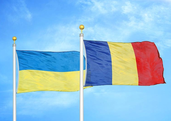

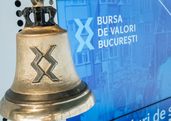
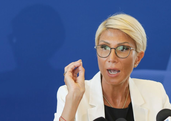


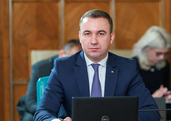

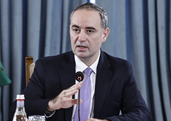
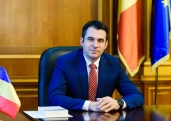


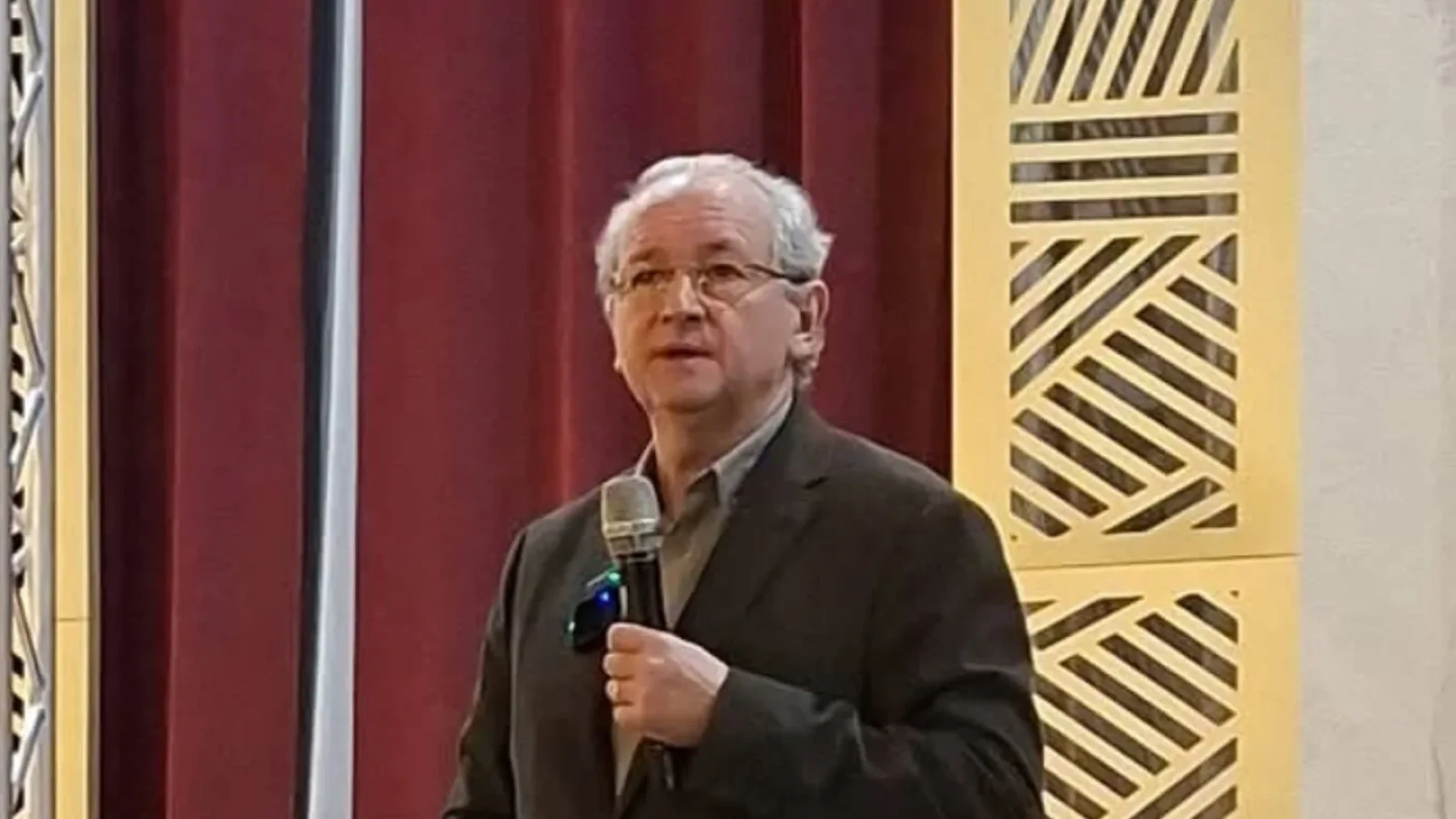



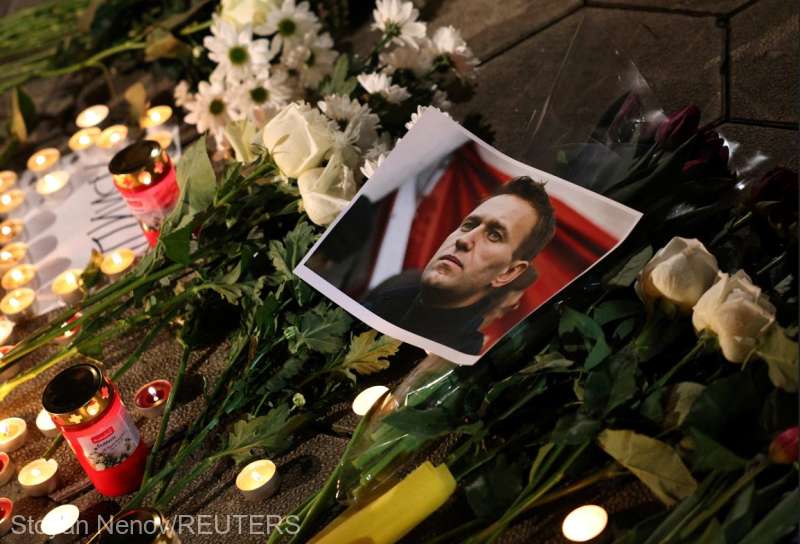
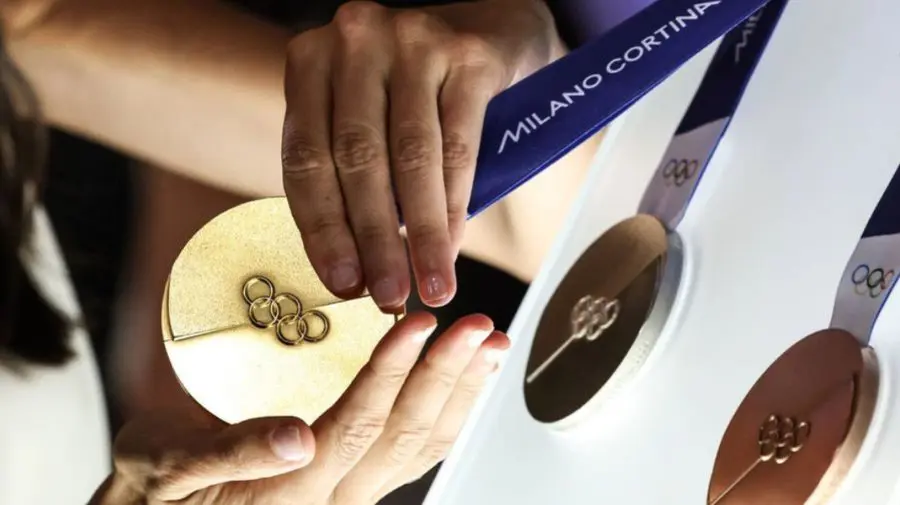

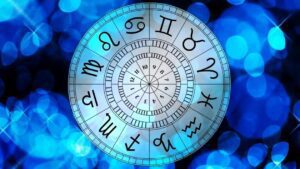



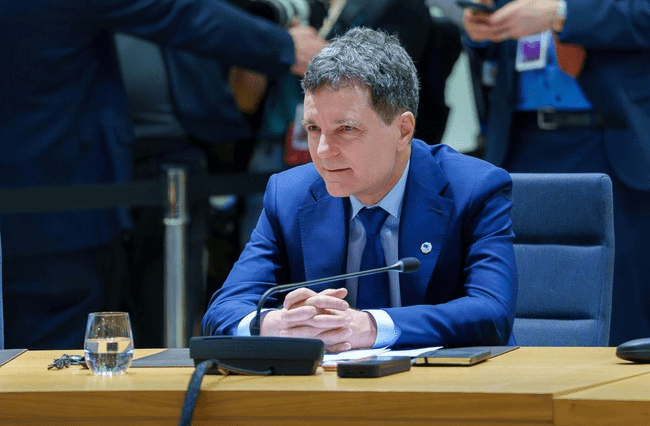



Comentează